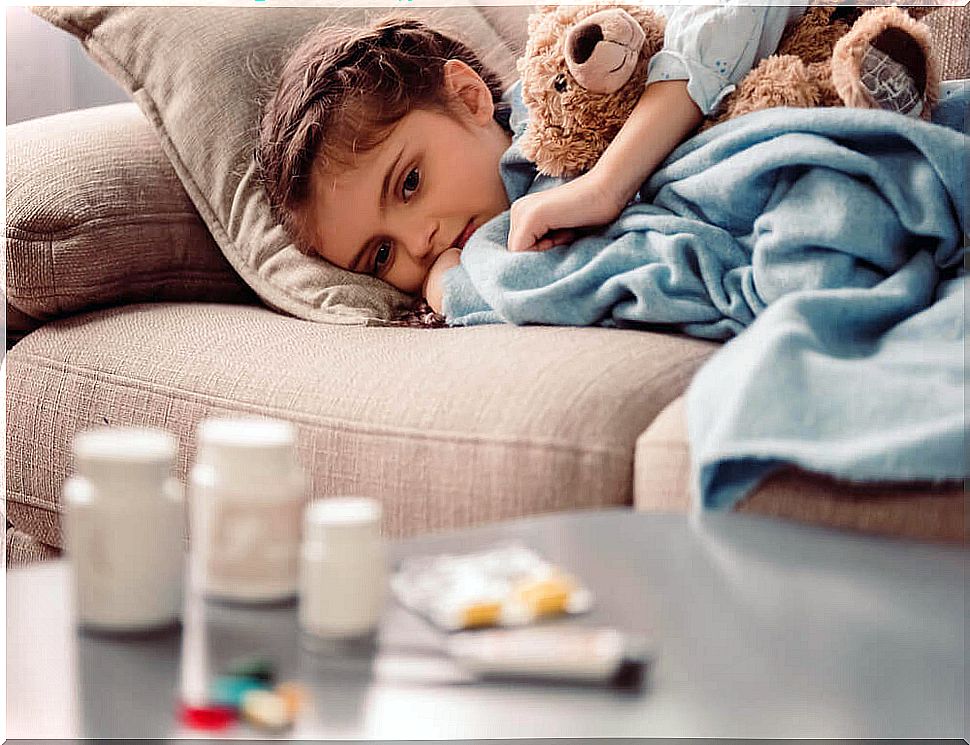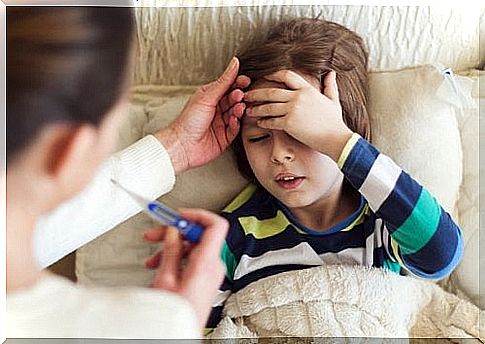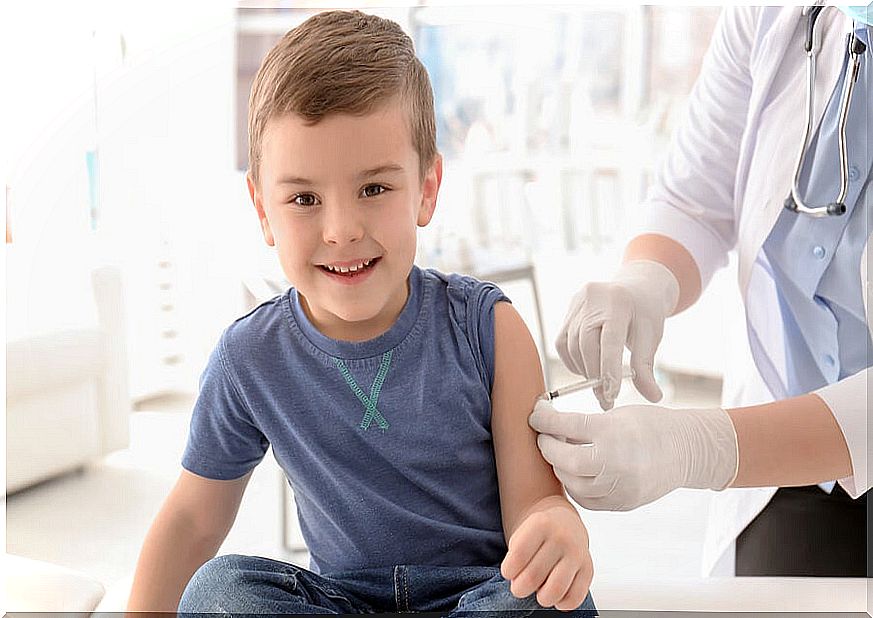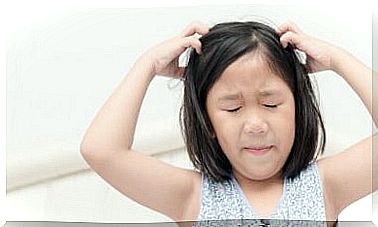Myths And Facts About Childhood Flu

When it comes to the topic of the flu, its symptoms and what is done to cure them, there are a lot of myths and popular solutions that are not always the most appropriate. We will see which of these common beliefs are correct and which are not.
Read carefully and check if the grandmother’s book of remedies agrees or not with the information we present to you and take the necessary measures when such a condition occurs:
Top myths about childhood flu
Myth: children need to eat larger amounts during colds to avoid fever.
True! When children are sick, they require calories to help the body fight infection. It is important that they eat well and drink enough fluids so that they do not become dehydrated.

Myth: cold weather increases your chance of getting colds.
Fake! Colds are infections that occur in the upper respiratory tract, they are not caused by the influence of the weather but by the action of viruses. Exposure to cold weather conditions does not weaken the immune system, but it does cause children to stay indoors longer and be exposed to more pollutants.
Myth: high fevers cause damage to the brain.
Fake! Fever by itself does not cause brain damage. This myth stems from one of the consequences of meningitis, an infection that manifests itself with fever and that does damage the brain.
Myth: yellow or greenish mucus in a cold indicates a bacterial infection that should be treated with antibiotics.
Fake! These mucus releases during certain stages of the cold are normal. Secretions are usually clear and watery at first, then thicker and change color.
The need for antibiotics can be considered when greenish mucus has been present for a period of more than 10 days because cold symptoms do not usually last more than 10 – 14 days, depending on the case.

Myths About Childhood Flu Treatment
Myth: the cold vaccine causes colds.
Fake! Viruses that are present in vaccines have been inactivated, causing these agents to no longer cause infections. The vaccine can cause symptoms similar to the condition but it is only a normal side effect of the vaccine and can even coincide with the action of another viral agent present in the environment.
Myth: Over-the-counter flu medications work for kids, too.
Fake! The American Academy of Pediatrics has stated that over-the-counter medications to relieve flu symptoms are not effective for children younger than 6 months and have dangerous contraindications. For children it is more convenient to use acetaminophen or ibuprofen and traditional home remedies.
Myth: it is always necessary to take children to the doctor when they have a cold.
Fake! In very few cases, medical attention is required to treat a cold; Keep in mind that medications and treatments of this type are only necessary when there are complications and require special care when the child is less than 3 months old.
Myth: Dietary supplements like zinc, vitamin C, and the like can ease cold symptoms.
True! As long as it is done regularly, this type of supplement makes cold episodes less frequent and less severe. The use of these supplements requires the endorsement of your doctor to guarantee that there are no unwanted contraindications.
Myth: that children who go to kindergarten or a place where you have contact with other children, increases the chance of colds in children.

Partially true! It is true that during the first year that children go to kindergarten, they are more likely to get colds because there is more contact with viruses of different types.
After a year of being in a school or in a garden, the risk of suffering colds decreases markedly. According to advanced studies on the subject, when children develop a certain resistance to this type of virus, in later years they will suffer from fewer colds.
When in doubt, consult your pediatrician!
Many of the myths about childhood flu are mainly based on a lack of information and popular ideas (which in turn, draw from tradition and not science). With which, it is essential not to get carried away by them and clarify doubts with the doctor.
Do not forget that a badly cured flu can cause many more problems in the long term, so it is best to attack the problem properly from the beginning.










